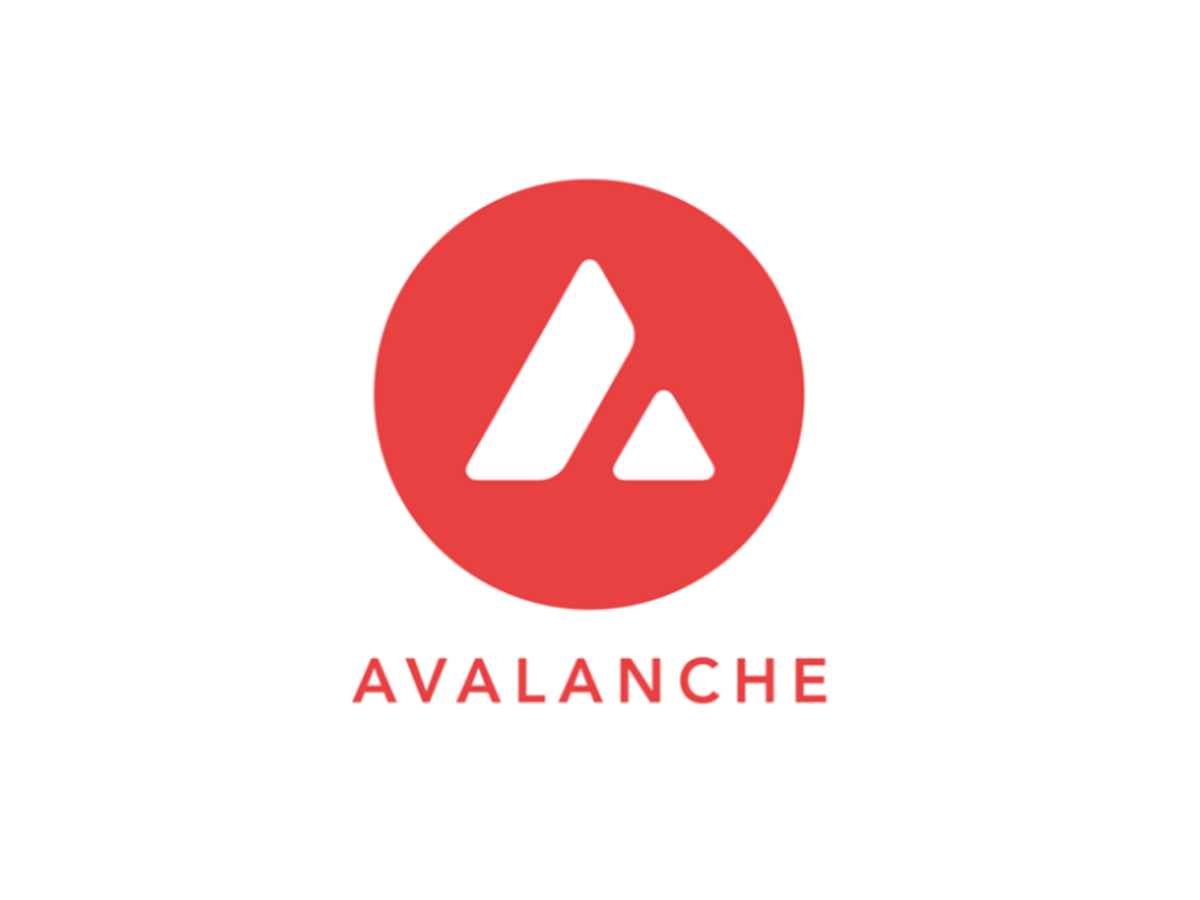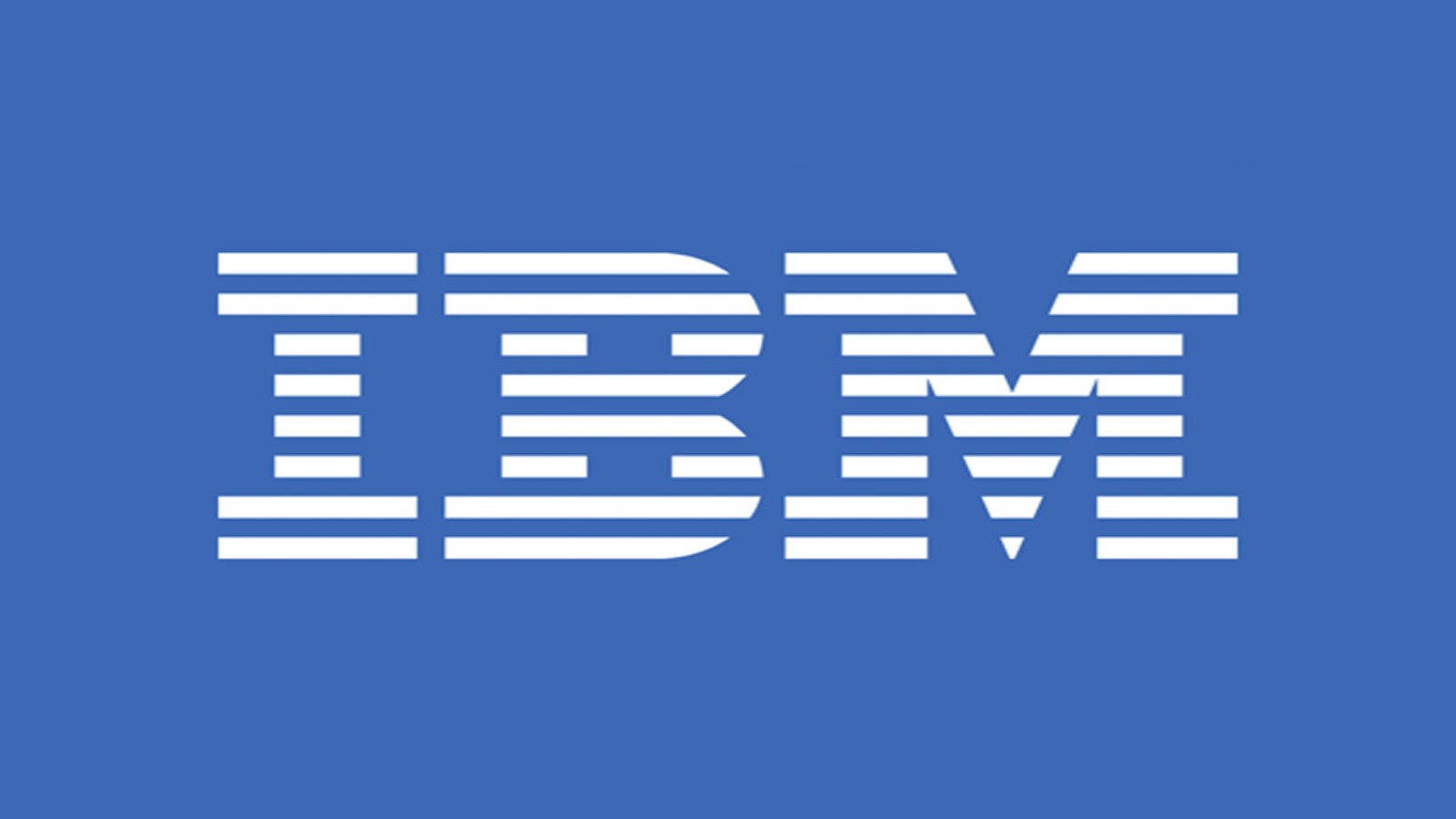A new chapter may be unfolding for the software industry. A group of programming competition champions has unveiled a unique artificial intelligence (AI) system, dubbed “Devin,” that demonstrates the ability to autonomously complete software development projects. This development has ignited passionate debate about the potential consequences for the programming profession.
Key Highlights
- Team of accomplished coders creates a groundbreaking AI named Devin.
- Devin can independently handle complete software projects.
- The technology raises concerns and excitement about the future of programming.
The startup behind Devin, named Cognition AI, is venturing into the realm of AI-driven software creation. With a focus on streamlining development processes, the company is placing Devin at the forefront of its efforts. Unlike predecessors like GitHub Copilot, which focused on assistance and code completion, Devin is designed to handle projects from inception to finished product.
The Technology and its Implications
Devin’s ability to independently tackle software tasks opens up potential for both revolution and disruption. On one hand, it hints at faster development cycles and the democratization of programming, allowing concepts to be realized quickly. Companies and individuals might use this to create apps, websites, and more without extensive coding expertise.
On the other hand, this raises concerns about job security and displacement for human programmers. Critics fear that advancements in AI coding could lead to reduced demand for conventional coding professionals, potentially leading to job losses in the sector.
A New Level of AI Assistance
The project, led by the startup Cognition AI, centers around a software development assistant called Devin. Devin builds upon the concept pioneered by tools like GitHub Copilot, which use AI to provide coding suggestions and autocomplete functions. However, Devin is designed to work on a much larger scale.
According to the Cognition AI team, Devin can take a basic project description and produce functional code for an entire website or video game. This marks a significant step forward from existing AI assistants, which primarily operate in a supportive role rather than tackling complete projects independently.
Expert Perspectives
Opinions within the tech community are divided. Some experts see Devin as a natural next step in the evolution of programming tools. “AI has long been assisting developers with various tasks. Devin represents a logical progression; a more powerful assistant,” says software engineer Sarah Bennett.
Others voice concerns. “While efficiency is important, we need to consider the ethical and social ramifications of AI replacing human programmers. What are the long-term consequences for our profession?” asks veteran developer, Mark Jensen.
The Future of Software Development
It is too early to definitively predict the impact of Devin. What’s clear is that the genie is out of the bottle. The existence of such an AI suggests that the landscape of software development is positioned for significant change. Whether Devin proves a disruptive force or a beneficial tool remains to be seen.
Cognition AI is confident about Devin’s future. The company’s CEO, Olivia Perez, believes Devin-like systems will redefine how we approach software. “We’re enabling a future where ideas translate to software faster than ever before. This could unlock incredible innovation.”
The unveiling of Devin is a watershed moment in the AI and programming fields. Its true potential and the broader impact on the software industry will be revealed in the years to come.






























